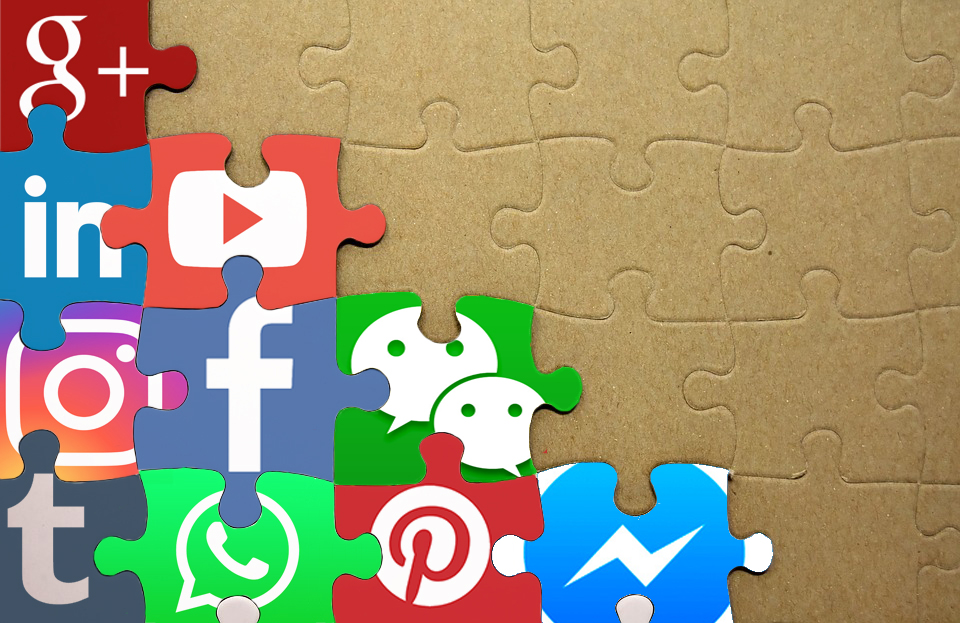According to a study of Twitter traffic, Indian women politicians experienced substantially higher online abuse than their United Kingdom and United States of America counterparts during elections.
Amnesty India International-International Secretariat found that 13.8% of 114,716 tweets posted between March and May 2019 that mentioned 95 Indian women politicians were abusive and problematic.
The report titled ‘Troll Patrol India: Exposing Online Abuse Faced by Women Politicians in India’ included Twitter’s response as well as Amnesty’s recommendations.
“One in every seven tweets was either problematic or abusive. This means, on an average, each woman politician received 113 problematic or abusive tweets every day […] This amounts to over 10,000 problematic or abusive tweets every day for all the women,” it stated.
In contrast, a 2017 Amnesty International and Element AI survey of millions of tweets received by 778 women journalists and politicians from the United Kingdom and the United States of America, representing a variety of political views, found 7.1% of tweets sent to the women in the study were problematic or abusive, amounting to 1.1 million tweets over 365 days.
The report also found that women politicians from marginalised communities were disproportionately targeted. The seven Muslim women among the 95 Indian female politicians received 94.1% more ethnic or religious slurs than women from other religions. Women from marginalised castes (total 19) received 59% more casteist slurs than women from general castes.
The report revealed that “the top 10 women politicians who received the majority of mentions (74.1%) also received most of the problematic or abusive mentions (79.9%)”.
The report called for Twitter to reaffirm its commitment to providing a ‘safe space’ to women and marginalised communities.
“We are aware that women in India, especially female politicians, may be more susceptible to abuse by virtue of the socio-cultural identities that they may hold. This is why we have a series of cultural trends abuse training material for the enforcement teams for certain countries, including India,” a Twitter spokesperson said.
Photo courtesy: Today Testing



